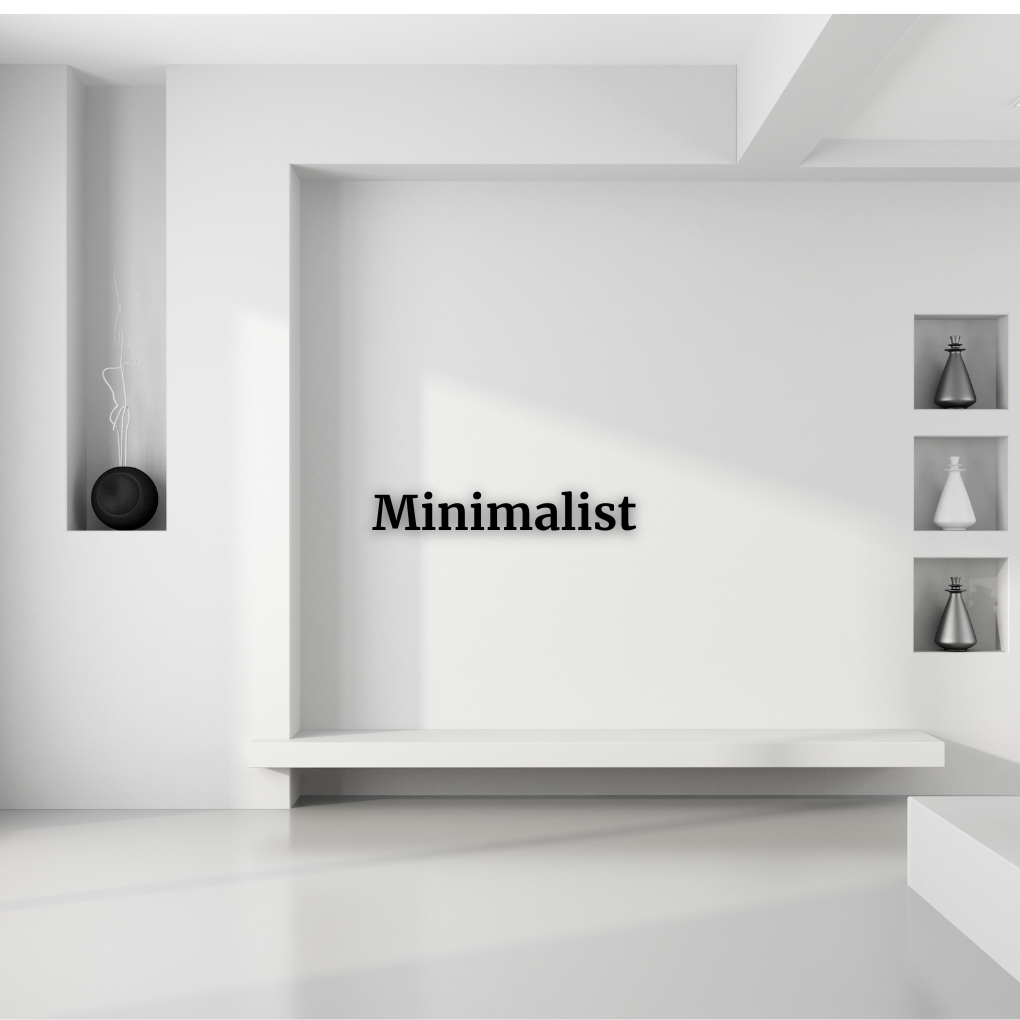Minimalist Musings: Discovering the Beauty of Living with Less

Introduction:
Living in a fast-paced world where material possessions often take center stage, the concept of minimalism offers an alternative perspective.
Embracing minimalist living means intentionally choosing to live with less, simplifying our lives, and focusing on what truly matters. In this blog post, we will explore the philosophy of minimalism, its benefits, how to start embracing minimalism, challenges and tips, real-life examples, and why living with less can be truly beautiful.
Benefits of Minimalist Living:
Minimalism offers numerous benefits that go beyond just decluttering physical possessions.
By simplifying our lives, we can create a clutter-free environment that promotes mental clarity, reduces stress, and enables us to focus on what truly matters. Minimalism encourages intentional living, where we make conscious choices about our possessions, commitments, and lifestyle, leading to more meaningful and fulfilling experiences. Moreover, embracing minimalism can also lead to financial savings and a reduced environmental footprint, as we learn to consume consciously and make ethical choices.
How to Start Embracing Minimalism:
Embracing minimalism can be a transformative journey. It starts with assessing and decluttering our physical possessions, letting go of items that no longer serve us, and creating a space that reflects our values and priorities.
It also involves simplifying our daily routines and commitments, identifying and prioritizing what truly matters to us, and letting go of unnecessary distractions.
Cultivating mindfulness and gratitude can also play a significant role in minimalism, helping us develop a deeper appreciation for the present moment and the things we already have.
Additionally, embracing conscious consumption and making ethical choices about what we buy, use, and support can align our lifestyle with minimalist values.
Challenges and Tips for Embracing Minimalism:
While the idea of minimalism may sound appealing, it can also come with its own set of challenges.
Overcoming societal and cultural pressures to accumulate material possessions, dealing with sentimental items and emotional attachments, and managing potential criticism or skepticism from others can be some of the challenges in embracing minimalism.
However, there are practical tips to navigate these challenges, such as setting realistic expectations, taking small steps, seeking support from like-minded individuals, and staying true to our values and priorities.
Finding balance and creating a minimalist lifestyle that works for us, rather than adhering to rigid rules or standards, can also help us sustain minimalism in the long run.
Real-Life Examples of Minimalist Living:
Real-life examples can be inspiring and motivating for those interested in embracing minimalism.
Personal anecdotes and experiences from individuals who have embraced minimalist living can offer valuable insights and lessons learned.
Success stories from families who have downsized their homes, embraced sustainable living, and found more time, space, and freedom in their lives can serve as powerful examples.
Moreover, exploring minimalist practices in different aspects of life, such as minimalism in home design, work habits, travel, and relationships, can provide practical ideas and inspiration for incorporating minimalism into our own lives.
Conclusion:
In conclusion, minimalist living is not just about decluttering physical possessions, but it is also a mindset and a lifestyle that prioritizes intentional and meaningful living.
Embracing minimalism can bring numerous benefits, from reducing stress and increasing mental clarity to saving money and reducing our environmental impact.
Although there may be challenges along the way, practical tips, real-life examples, and a flexible approach can help us sustain minimalist living and discover the true beauty of living with less.
Keywords: minimalist living, intentional living, simple living, decluttering, mindfulness, conscious consumption, ethical choices, intentional choices, minimalist lifestyle, minimalist philosophy